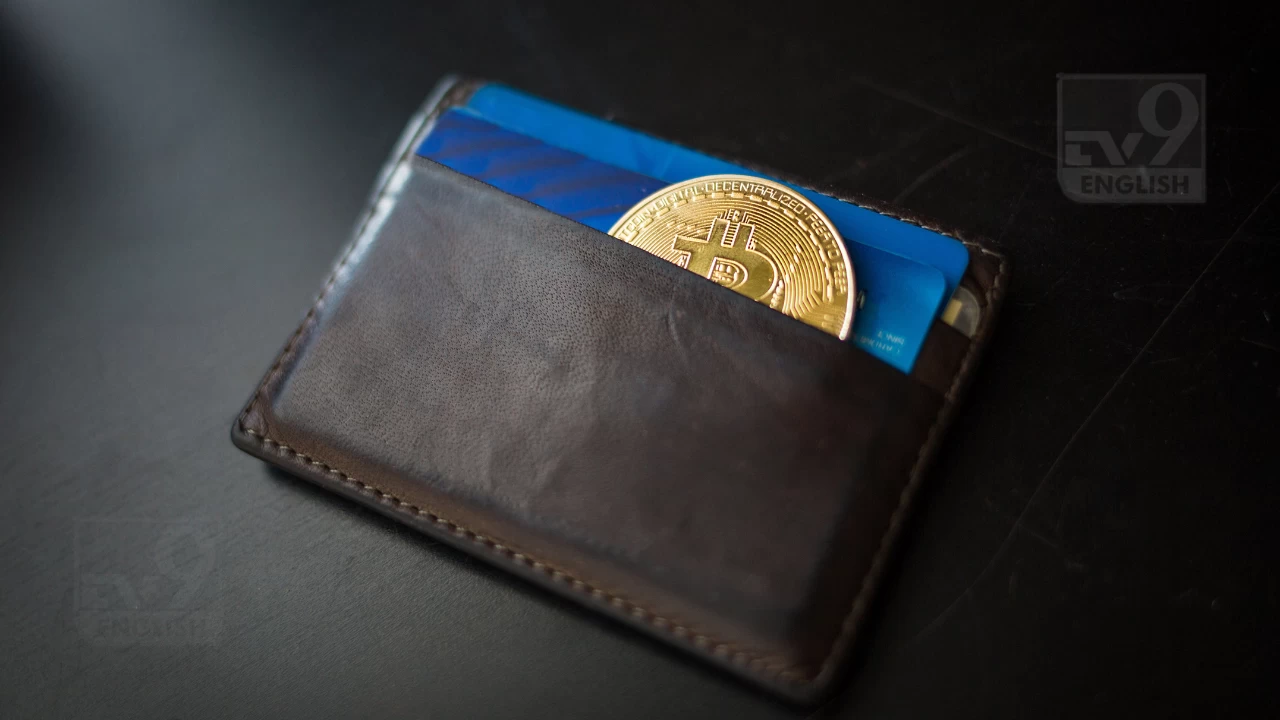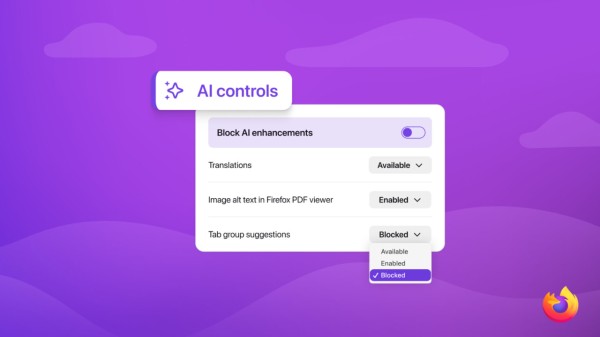

By signing in or creating an account, you agree with Associated Broadcasting Company's Terms & Conditions and Privacy Policy.


By signing in or creating an account, you agree with Associated Broadcasting Company's Terms & Conditions and Privacy Policy.

New Delhi: On July 19, CoinDCX, one of India's most popular cryptocurrency exchanges, found itself at the centre of a digital heist that raised serious questions about crypto wallet security. According to an FIR filed by the company on July 22, hackers managed to siphon off nearly $44 million (around Rs 384 crore) from its wallets, using a series of stealthy transfers that began with a small 1 USDT test.
The Bengaluru police, now investigating the theft, suspect insider involvement. CoinDCX employee Rahul Agarwal has been arrested after it emerged he had been freelancing on a company laptop and allegedly earning around Rs 15 lakh from those activities. Authorities believe he might have teamed up with outside hackers to pull off the breach. While cybercrime teams try to trace the money trail, this breach is a big reminder for everyone dealing in crypto.
Whether you're holding coins for the long haul or dabbling in daily trades, security can make or break your experience. Here’s a simple checklist anyone can follow:
Spread your assets. You can keep small amounts in hot wallets for regular use, but the rest should go into cold storage. Also, consider:
The CoinDCX incident has showed how weak internal controls and unsecured access points can lead to massive losses. If insiders get involved, even the best software tools might not be enough. That’s why it’s important to be careful not just with where you keep your money, but who else can get to it.
Cybercrime teams in India are working with forensic experts to trace the stolen funds, but recovering crypto is rarely simple. With prices of assets like Bitcoin and Ethereum still drawing interest, the risks are high and getting smarter about security is no longer optional.
Even if you're not dealing with crores, your digital wallet needs the same level of attention you’d give a physical one. Stay alert, stay updated, and don’t trust anyone with your keys.












